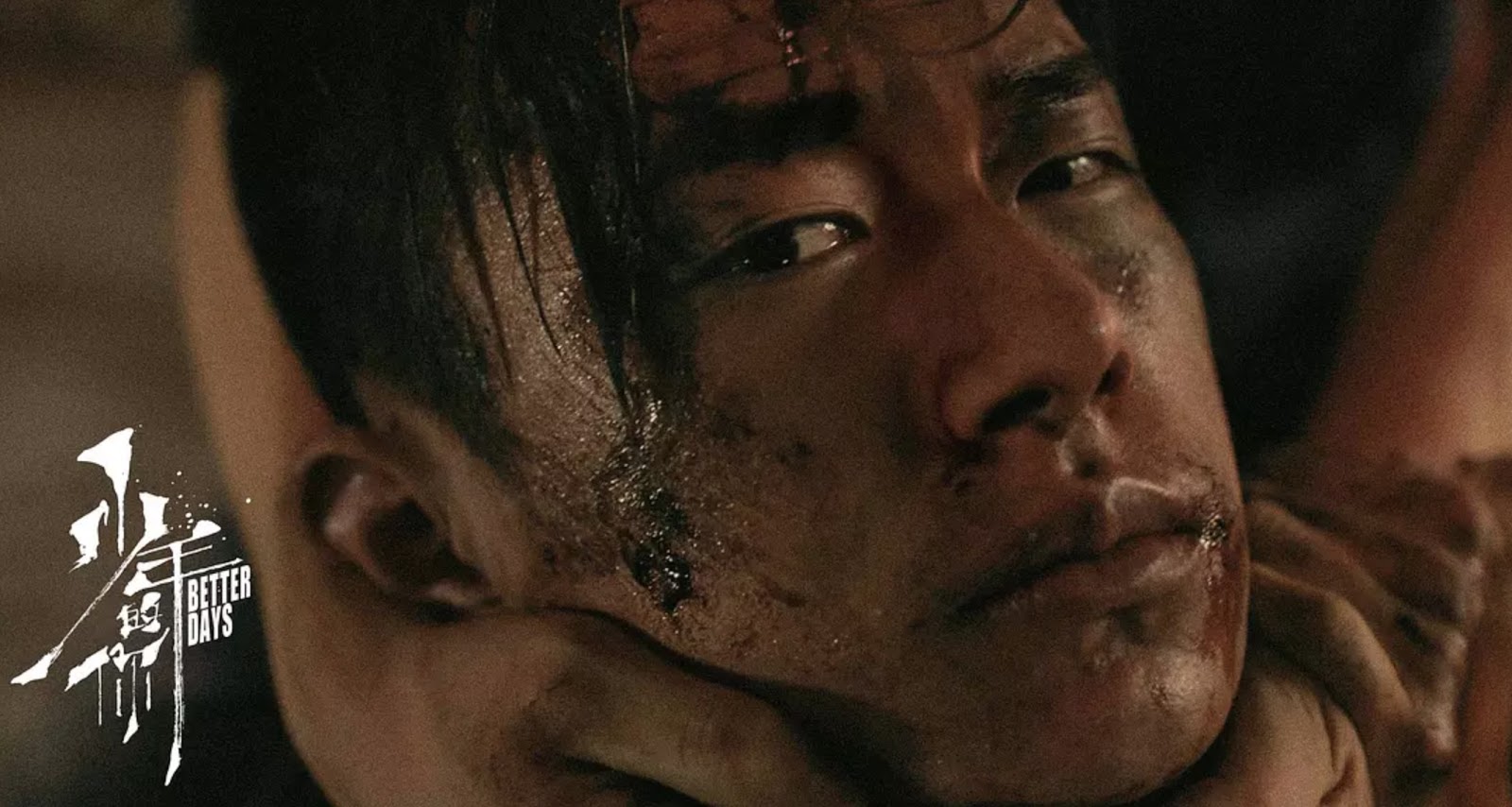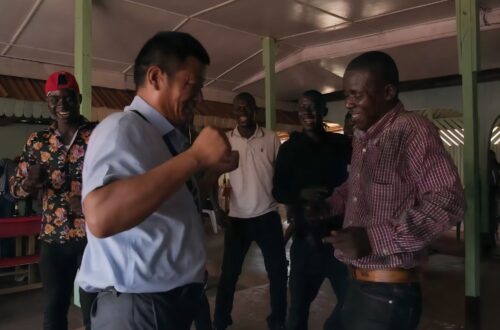An anti-bullying love story may be the best Chinese film of 2019

Better Days, winner of Best Film at the recent 39th Hong Kong Film Awards, is a coming-of-age drama about two teens seemingly fighting against the world.

Director Derek Tsang (曾国祥 Céng Guóxiáng) and actress Zhōu Dōngyǔ 周冬雨 struck gold with their 2016 movie Soul Mate (七月与安生 qī yuè yǔ ānshēng), a drama about the love-hate friendship between two very different young women. Their latest collaboration, an anti-bullying love story called Better Days (少年的你 shàonián de nǐ), is an impressive follow-up. After its original Chinese release was postponed last summer, the movie suddenly hit theaters in October, grossing over $227 million. It was not only one of the highest-grossing Chinese movies of 2019, but perhaps the best of the year. Just last week, the 39th Hong Kong Film Awards gave Better Days prizes in eight categories, including best film.
The movie’s controversial subject of school bullying has resonated deeply with audiences. It’s also probably the reason the release of Better Days was rescheduled, and why it was pulled from the Berlin Film Festival last-minute back in February 2019. I can’t say if any content was actually cut, or whether some of the disturbing bullying scenes were trimmed down. It is likely that censors were responsible with the PSA-style messages at the beginning and end of the movie, with the latter taking care to note the Ministry of Education’s recent anti-bullying measures.
Fortunately, the actual movie isn’t so didactic and righteous. It’s mostly set in 2011, in the two months leading up to the dreaded gaokao. It’s a stressful time for many of the country’s high school students, but Chen Nian (played by Zhou Dongyu) is especially under intense pressure. Nian comes from a family riddled with debt. Her dad isn’t in the picture, and her mom is often away from home, selling faulty medical masks and avoiding creditors. Nian studies hard to get into her dream university, her family’s only ticket out of poverty.
While Nian’s home situation is tough, things aren’t any easier at school, either. Wei Lai, a bully with rich parents, harasses Nian with her clique. She beats and taunts her classmates without a second thought. Her group’s bullying is so harsh that they drive one of their victims, Hu Xiaodie, to suicide. In this harrowing early scene, Xiaodie jumps from a high campus building off-screen. The crowd of students around her body gawk, point, and take out their phones to snap pictures. Only Nian, the closest person Xiaodie ever had to a friend, has the heart to cover the dead girl with a jacket.
The police investigate the matter, but the craze over the gaokao seems more important to the school than Xiaodie’s death. Nian’s homeroom teacher is dismissed, Wei Lai and her cronies are briefly suspended, and nothing really changes within the school to prevent such a tragedy from happening again. Instead, Wei Lai retaliates by doubling-down on Nian. After she helps him in a fight, a street punk named Bei (actor and boy band star Jackson Yee 易烊千玺 Yìyáng Qiānxǐ) agrees to protect Nian. As they walk, talk, and spend time together, their relationship becomes more than just a bodyguard and his charge. The two underdog teens eventually think about running away together.
The romance between Bei and Nian makes for a sweet break from the rest of the story’s cruelty. Both Yee and Zhou are superb in their roles, and it’s a wonder that Zhou can cry every seven-and-a-half minutes and still come across as so somber and realistic. The bullying her character endures is not depicted lightly, from the petty (a ball thrown at her head) to the traumatizing (a scene in which Wei Lai and her goons film themselves beating and stripping Nian). It’s all the more heartbreaking — and faithful to reality — that so many other characters simply look away or join in the abuse.
As it progresses, Better Days shifts from a coming-of-age drama with some romance thrown in to a thriller in the last half-hour. Some of these scenes are revealed in the plot through flashbacks, a technique that feels more clunky than necessary. A message slapped onto the end of the movie, pleading for viewers to put a stop to bullying, is a pointless addition on the part of censors. With its unflinching and realistic portrayal of school bullying, and the way society so often ignores and disregards its young victims, Better Days is enough of an effective plea on its own. Whether in China, the United States, or any other country with a serious bullying problem, it begs the viewer: how much longer will we look away and mind our own business?
Better Days is available to stream on Amazon Prime.
Film Friday is The China Project’s film recommendation column. Have a recommendation? Get in touch: editors@thechinaproject.com





